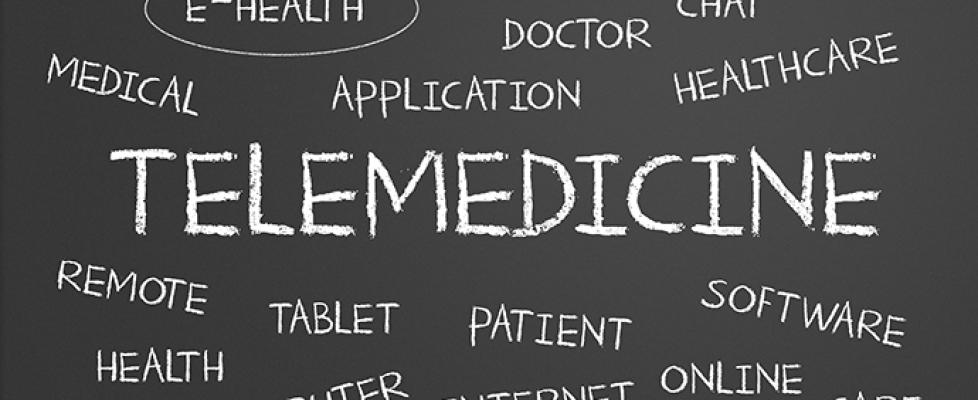TELEHEALTH’S BIG MOMENT, WITH CAVEATS
Despite a win in the $8.3 billion coronavirus package, telehealth advocates and their allies in Congress are still pushing for broader changes, they tell us.
A provision in the package lets HHS Secretary Alex Azar waive Medicare telehealth payment restrictions during the coronavirus emergency. It’s narrower than what telehealth advocates — including the Alliance for Connected Care, the American Telemedicine Association and the Connected Health Initiative — had pushed for: a waiver applying to all public health and national emergencies.
The supplemental funding bill would have been an “excellent opportunity” to remove barriers to digital health’s use in other crises, such as the annual flu season, CHI senior policy counsel Brian Scarpelli told Morning eHealth. Lawmakers such as Reps. Bill Johnson, David Schweikert and Peter Welch, co-sponsors of the CONNECT for Health Act, H.R. 4932 (116), had also supported giving Azar wider authority.
… The funding measure is also limited to providers who have billed patients in the past three years, meaning that they’d have to have a pre-existing relationship with patients. That policy “excludes the telehealth providers who are most prepared to help during an emergency when local providers are overwhelmed and therefore hardest to access,” said Latoya Thomas, director of policy and government at Doctor on Demand. Telehealth could be especially helpful in areas where clinicians are understaffed or overtaxed, but that clause boxes virtual care providers out, she said.
Lawmakers are still looking for ways to increase telehealth payment during the coronavirus crises and future public health emergencies. Rep. Joe Kennedy, for instance, heard from community hospitals in East Boston that Medicaid doesn’t always cover telehealth services, and he’s looking for ways to broaden coverage. “There’s an understanding from members across the aisle that the Medicaid population needs to be able to have access to telemedicine in this public health crisis,” he said.
… Sen. Bill Cassidy, who touted telehealth in coronavirus response at a HELP hearing this week, would also support giving Azar authority to waive Medicare restrictions during national emergencies — a provision lifted from the CONNECT for Health Act — a staffer told Morning eHealth. “If you need authority from us, please let us know,” he told HHS officials during that hearing.
Speaking of telehealth coverage, CMS published a trio of fact sheets late Thursday clarifying which telehealth services may be covered by Medicare, Medicaid and CHIP, and the individual and small group insurance plans.
… And BlueCross BlueShield of North Carolina plans to cover telehealth services at the same rate as in-person visits starting today, chief medical officer Rahul Rajkumar tweeted this week. (BCBS’s official blog post announcing the policy changes is here.)
NOTES FROM CDC’S TELEHEALTH MEETING — Numerous companies told POLITICO they’d been invited to a CDC call Thursday addressing clinical guidelines for how virtual treatment can be deployed to treat coronavirus. American Well, Doctor on Demand, MDLive and 98point6, a text-based primary care app, were among companies to say they’d been invited to join the call. (CDC did not respond to multiple requests for comment about the conversation.)
… Peter Antall, Chief Medical Officer at American Well, said the company is hiring to prepare for a higher volume of appointments during the coronavirus emergency — possibly double what they’d expect any other year. The company is in close communication with the CDC about evolving clinical guidelines and screening questions.
Antall, who was on the CDC call, said some participants mentioned lags in getting crucial public health data from CDC and the World Health Organization. “There were a few comments made today which did not overtly say it, but suggested to me, that there’s some level of muzzling going on by the executive branch,” Antall said. Senior Trump administration health officials have denied being silenced, though the White House has been sending mixed messages on coronavirus.
Still, Antall emphasized that CDC seemed very committed to collaborating with telehealth providers by providing guidelines for virtual care and gathering data from those providers about the spread of the virus.

